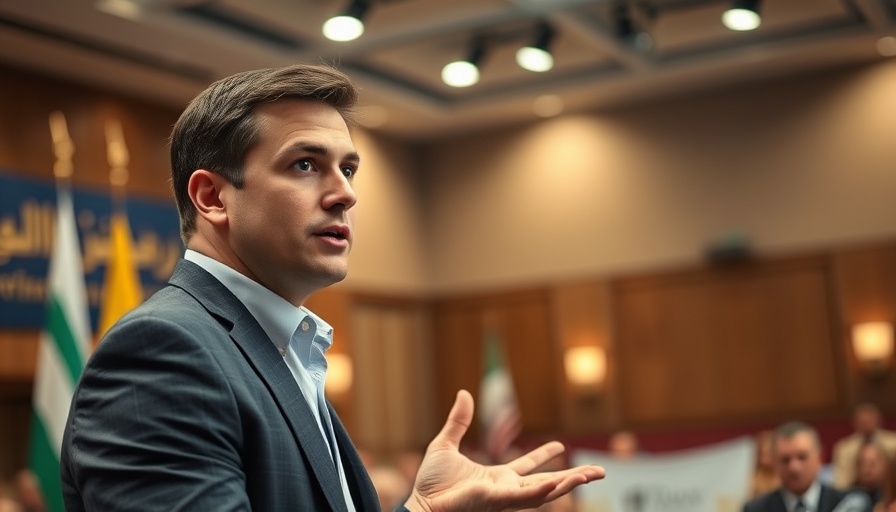
Understanding the Tragic Events at the University of New Mexico
In a shocking incident that has sent ripples of concern across campuses nationwide, the University of New Mexico is grappling with the aftermath of a fatal shooting that occurred recently. This incident not only raises immediate questions about safety in educational institutions but also shines a light on broader societal issues including gun violence, mental health, and community support systems.
The Incident Unpacked: What Happened?
On the university campus, law enforcement responded rapidly to reports of the shooting. The victim was pronounced dead at the scene, marking a tragic loss for the university community. The authorities worked diligently to gather evidence and identify the suspect, who has since been arrested. This swift action underscores the importance of law enforcement in crisis situations.
Community Shock: A Response to Violence
The shooting has prompted a wave of grief and outrage among students, faculty, and community members. Many are questioning how such violence could occur on a college campus, a place typically regarded as a sanctuary for learning and growth. This incident has sparked conversations about the mental health resources available to students and the overall safety measures in place across educational institutions.
Historical Context: Campus Violence in America
This tragic event is not an isolated incident. Campus shootings have become a concerning trend in the United States, with colleges and universities trying to prepare for such events through active shooter drills and improved security protocols. It raises the question: what more can be done to ensure student safety? Understanding the historical context of campus violence may help institutions create more effective responses and preventive measures.
Pursuing Solutions: The Road to Improved Campus Safety
As the University of New Mexico faces the challenges posed by this incident, it can serve as a vital case study for other institutions. Implementing robust safety protocols, offering mental health support, and fostering an open dialogue about gun safety and violence prevention could be key elements in addressing these fears. Universities nationwide need to reassess their strategies to handle similar crises effectively.
Looking Ahead: The Future of Campus Safety
In the wake of this incident, there is an urgent need for a reevaluation of policies related to campus safety and student support. This unfortunate event has the potential to usher in a new era of discussions around gun laws, mental health awareness, and community response systems that prioritize student wellbeing. Leaders in education and policy-making must work collaboratively to create environments where such tragedies are less likely to occur.
Taking Action: What Can We Do?
In light of the shooting at the University of New Mexico, community members and leaders must engage in proactive dialogue about how to reduce violence on campuses. Campaigns advocating for mental health resources, community policing, and educational forums on gun safety are critical steps. Students and faculty should also feel empowered to voice their concerns and collaborate on effective solutions.
Call to Action for Community Engagement
For the community, now is the time to come together in support of the university and its students. Attend town halls to discuss campus safety, advocate for mental health resources, and participate in community watch programs. By fostering these collaborative efforts, we can help ensure that our campuses remain safe places for learning and growth.
 Add Row
Add Row  Add
Add 




Write A Comment